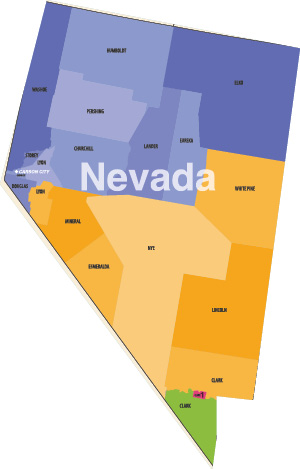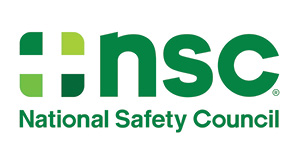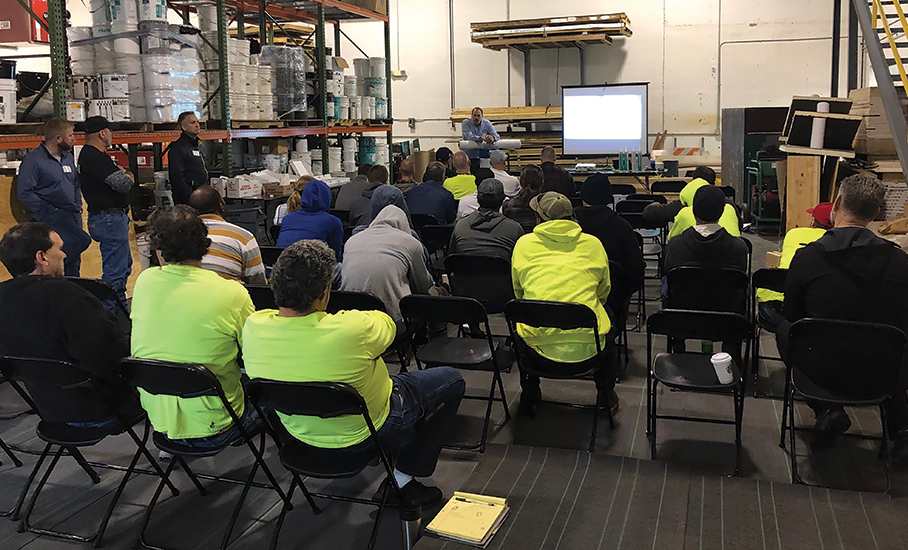Roofing contractor faces $262,174 in proposed penalties

The Department of Labor has cited roofing contractor Bacilio Rios Almanza for exposing workers to dangerous fall hazards on a residential roof in Appleton, Wis., in September 2024, according to the Occupational Safety and Health Administration. The contractor is not an NRCA member.
After its investigation, OSHA cited Almanza for two willful violations and one serious violation for failing to provide fall-protection equipment, not training workers regarding fall protection and not ensuring workers wore hard hats. OSHA proposed $262,174 in penalties. The agency has inspected Almanza’s job sites 10 times and cited the contractor for similar violations.
NRCA’s classes, webinars and products offer information to ensure you properly train your employees and can keep them safe. Visit shop.nrca.net for more information.
Nevada enforces new heat rule

The Nevada Occupational Safety and Health Administration is now enforcing its regulation aimed at protecting indoor and outdoor workers from excessive heat.
Adopted in November 2024 by the state’s Division of Industrial Relations and effective April 29, the regulation requires employers with at least 10 workers to conduct a one-time job hazard analysis to identify work conditions that could cause a heat-related illness. The analysis is limited to job classifications in which a majority of workers are exposed to excessive heat for more than 30 minutes of any 60-minute work period.
If conditions that could cause a heat-related illness are identified, a written safety plan must be developed and include provisions for:
- Potable water
- A rest break when an employee shows signs or symptoms of a heat-related illness
- Means of cooling for workers
- Monitoring (by an employer-appointed person) for working conditions that could cause a heat-related
illness - Worker training
- Emergency response procedures
- Identification and mitigation of work that generates additional heat or humidity
Worker training must address how to recognize heat hazards and understand procedures to minimize heat-related illnesses. Covered employers also must designate a person to contact emergency medical services should an employee experience symptoms.
Nevada OSHA operates under federal OSHA’s State Plan program.
NSC awards grants for developing heat stress solutions

The National Safety Council recently awarded more than $140,000 in grants to seven organizations to help employers mitigate the risks of heat stress on job sites.
Data from the Bureau of Labor Statistics shows that since 2011, almost 500 people have died from heat-related incidents at work.
“These fatalities are preventable through planning, training and tools that provide early warning signs of heat stress,” the council says.
Using funding distributed via NSC’s Work to Zero Heat Stress Pilot Grant, recipients will collaborate with winners of the council’s Safety Innovation Challenge, testing recently developed technologies to address heat stress among workers.
Examples of solutions include:
- Handheld cooling and sensor technology
- Drone-based precision mapping at high-heat construction sites
- Rapid body cooling systems
- Cooling footwear that enhances worker comfort in the heat
“Employers must take meaningful steps to combat the increasing risk of heat-related illnesses and fatalities on the job,” says Katherine Mendoza, senior director of workplace safety programs at NSC. “This pilot grant program shows how technology can be used to save lives. By enabling organizations to test innovative solutions in real-world settings, we’re creating a pathway to scalable safety practices that can prevent heat-related tragedies before they happen.”



